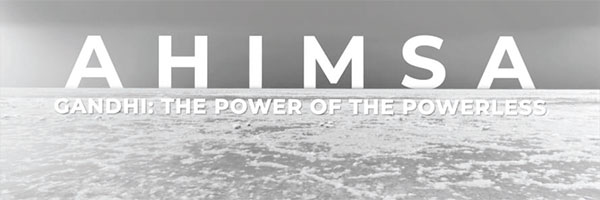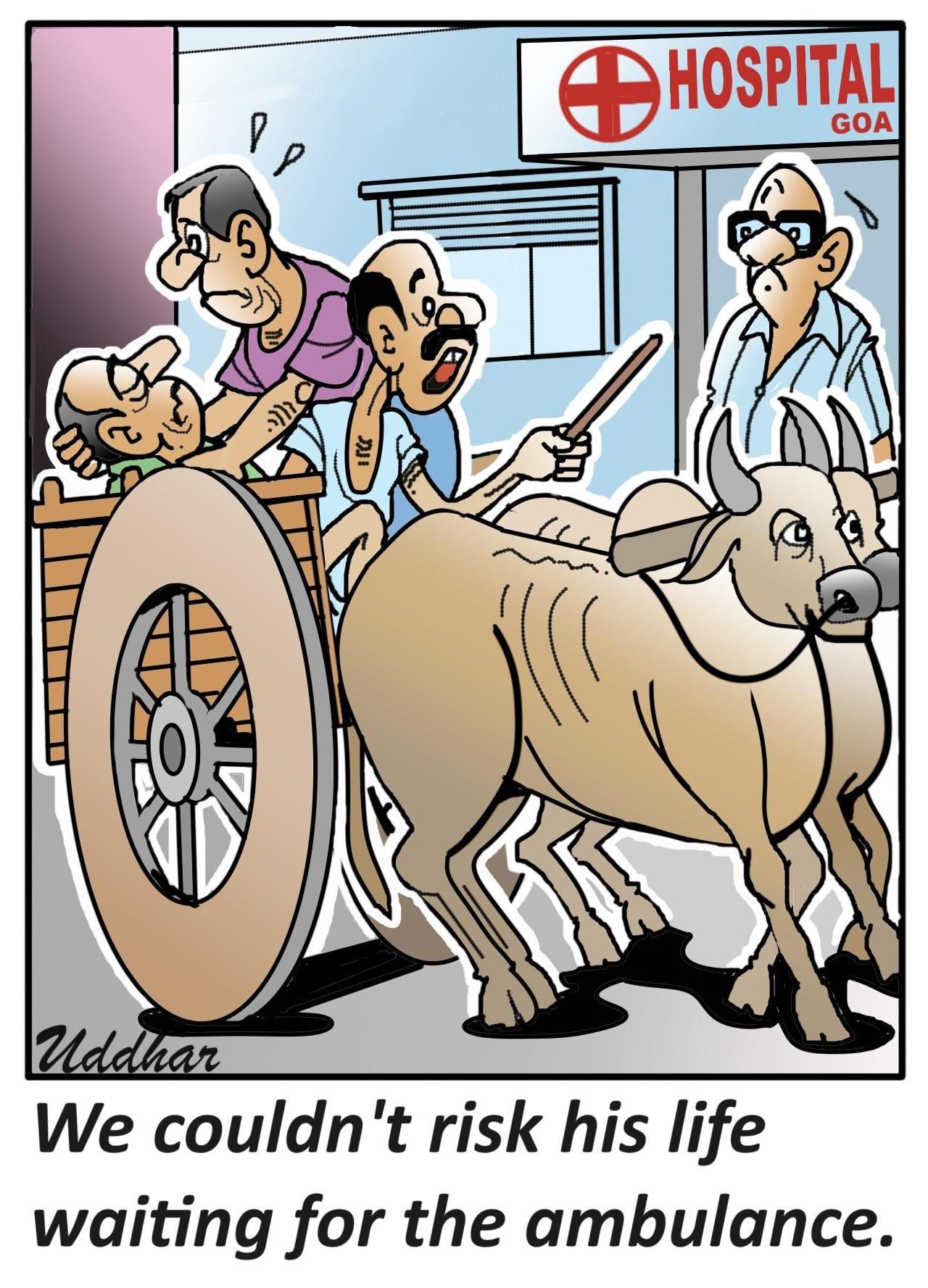22 Jan 2021 | 04:50am IST
IFFI conversations: Of life, art and the creative process
Directors spoke about the situations they experienced while converting their vision to reality. Café met up with a few.
Ajit John
Making films can be a
challenge. Sometimes the subject may not excite the people with
money or sometimes by sheer bad luck; one is unable to move ahead on a project.
Films screened yesterday were made by sheer determination and in one case
showcased people who have to struggle to live a life of dignity.
The struggle to make a film can consume
one’s life. This gets even tougher if the subject is not considered popular or
for that matter not very relevant to the times. Or for reasons that could be
considered sheer bad luck.
Ahimsa - Gandhi-The power of the
Powerless, a documentary by Ramesh Sharma could not be made for ten years
because no one in the country was interested in funding the project. The editor
of the movie Yamini Upadhye said “It seems the people of this country have
forgotten about him and his philosophy. This documentary was made after we
received money from people in France. It is a really sad state of affairs that
a man who inspired our freedom struggle and similar struggles around the world
does not inspire people to donate money for a documentary on him.” The film she
said decodes the power of non-violence and why it remains relevant to this day.
There are only two options - either non-violence or non-existence”
The film explores its impact on several
world leaders, the Civil Rights Movement in the United States; the Solidarity
Movement in Poland as well as Nelson Mandela and the anti-apartheid struggle in
South Africa. Speaking virtually Ramesh Sharma said “The film reminds us that
we need to restore human rights and dignity on a universal level; it shows how
Gandhiji’s message went beyond the shores of India, where he used non-violence
as a powerful tool. Today, it still serves as an inspiration to societies
fighting injustice.”
Speaking about the film’s message, Yamini said “The film decodes
the power of non-violence and why it remains relevant to this day, as violence
leads to violence and nothing else. We learn little from our academics about
Gandhiji. I got to know a lot more about Gandhiji, through the movie”.
Another film from France, Long Time No See was delayed because
as the movie was going into production another French film came out with the
same synopsis. Pierre Filmon said “It killed my film but I will emphasize it
was not like stealing any idea, because sometimes, we film makers have more or
less the same idea. Yet, it took me years to recover from this. After that, one
fine day, I took the old script and thought it cannot just die as it meant so
much to me. I was ten years older by then, but that never mattered. After many
rewrites, we finally arrived at where we are today.”
Another film from Rumania, Acasa- My Home portrayed the life of
a Roma family who were forced into city life. Roma’s are discriminated against
in Rumanian society and in the other parts of Europe. Radu Ciorniciuc the
Director said “ For 20 years, they, the family with nine children, lived in
harmony amidst nature, in a place which was long-forgotten though it was close
to the city. But fate had some other plans when the Romanian authorities
initiated steps to award protection status to that area. My documentary Acasa –
My Home portrays the journey of this family, who were forced to adopt city life
after eviction from their cocoon in the wilderness. Being a journalist, I could
have just made a report on them but instead, we followed their dramatic journey
for four years and made this documentary.”
Radu added: “We spent the next four years following this family
and in their dramatic journey from living in the wilderness to adapting to the
life in the big city in the capital.”
Another movie Holy Rights portrayed the battle Muslim women
faced to break free of patriarchy within religion. Director Farah Khatun said
she had witnessed the effects of triple talaq during her childhood. She said “
My quest to know more about the act and its interpretation in The Quran led me
to make a film on Safia, a woman Qazi.” Speaking about the theme, she said “At
the time of making the movie, there was unrest prevailing in the country over
the triple talaq issue. Any attempt to talk about patriarchy within religion is
often dismissed. Holy Rights has been quite an experience for me, it has been a
journey of five years.” It was, she said an interesting but tough journey but
it was something she was determined to undergo.
Making
films is an adventure but it is also a tough experience which can take much out
of the director in terms of emotions.

